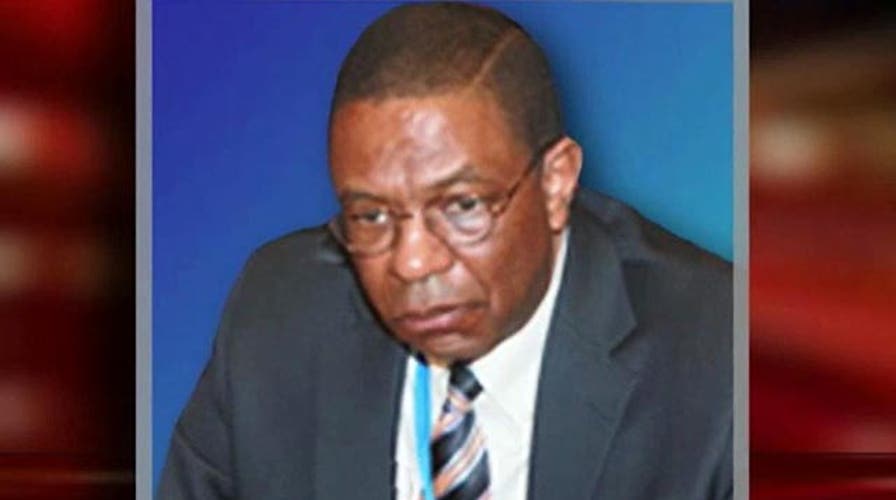State Dept. official says he was 'scapegoat' for Benghazi
Search for answers on attacks continues
A mid-level State Department official sidelined in the aftermath of the Benghazi terror attack is speaking out, publicly accusing his bosses of scapegoating him for the security lapses in eastern Libya.
Raymond Maxwell, who was deputy assistant secretary of state for Near Eastern Affairs, told The Daily Beast he had "no involvement" with decisions on security at the vulnerable diplomatic outpost but was placed on administrative leave anyway along with a few other officials.
He claims he was given little explanation and no opportunity to appeal the status since he wasn't technically fired.
"They just wanted me to go away but I wouldn't just go away," Maxwell said. "I knew (former U.S. Ambassador to Libya Chris Stevens). Chris was a friend of mine."
Stevens and three other Americans were killed in the Sept. 11 attack. A review of the attack cited "systemic failures" at the State Department, including the bureau where Maxwell worked. Lawmakers and investigators have alleged that requests for security were ignored.
But officials told The Daily Beast that higher-level officials were responsible for security in Libya but not disciplined.
Another source, though, told The Daily Beast that Maxwell was punished for "not reading his intel."
The claims come as another report claims more whistle-blowers are trying to come forward.
Three State Department employees testified recently on Benghazi before a House committee, describing how requests for security were made in the months leading up to the attack, and alleging that the military response the night of the attack was not as robust as it could have been.
Last week, the Obama administration tried to stem the controversy by releasing 100 pages of emails and notes from the days following the attack. The documents, as previously reported, showed State Department and other officials trying to edit the internal story-line to remove references to prior security incidents and the possible involvement of Islamic extremist groups.





